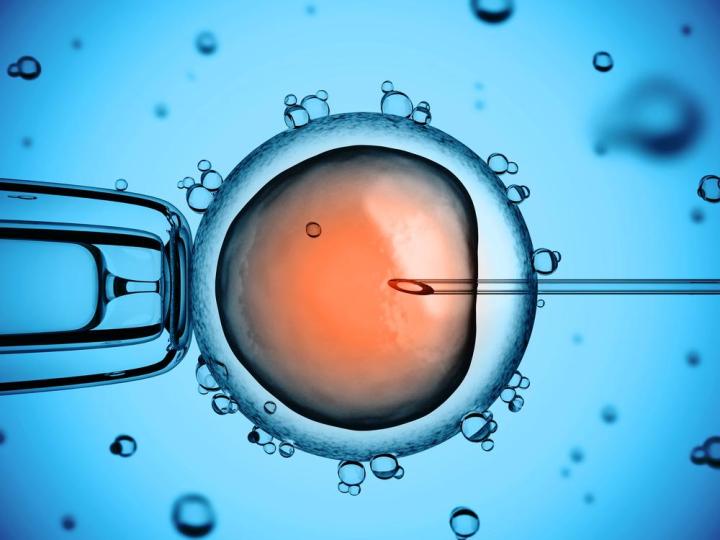
Previously, other attempts at editing human embryos had been carried out exclusively in other countries. Thus far, three other reports of this sort of genetic modification have all come out of China. However, this latest experiment is said to be revolutionary in its own right, both in the number of embryos involved in the work, and in the demonstration that human embryos can be modified in order to “correct defective genes that cause inherited diseases.”
Mitalipov is no stranger to the spotlight, nor to controversy. The scientist is also the first to have cloned embryonic stem cells in humans, as well as the mind behind three-parent in-vitro fertilization. He’s also worked in China when restrictions in the U.S. became too, well, restrictive for his work. And of course, editing human embryos is no less controversial than anything else he’s done.
None of the modified embryos was given the time to develop for more than a few days, and Mitalipov’s team claims that there was “never any intention of implanting them into a womb.” Rather, the work was done to determine what is possible when it comes to genetically modifying people. The hope is to prove that modern science and medicine can either erase or mend genes responsible for inherited disease, but critics note that, once the technology is developed, it could be used for other purposes.
Previous attempts at using CRISPR on human embryos were not fully successful, as certain editing errors occurred and DNA changes were not adopted by all the cells of an embryo. However, Mitalipov’s team appears to have found a way to circumvent those problems.
That said, there are skeptics who fear that this kind of work opens up the door for designer babies, and the U.S. intelligence community went so far last year as to call CRISPR a potential “weapon of mass destruction.”
Regardless, the work is a major breakthrough in the genetics field, though how it will ultimately be implemented is yet to be determined.
Editors' Recommendations
- Amazon expands its virtual healthcare service across the U.S.
- Alaska Airlines to offer digital baggage tags in U.S. first
- These Black pioneers were pillars of the U.S space program
- Wing drone delivery heads to first U.S. metro area
- Netflix increases prices in the U.S. and Canada


